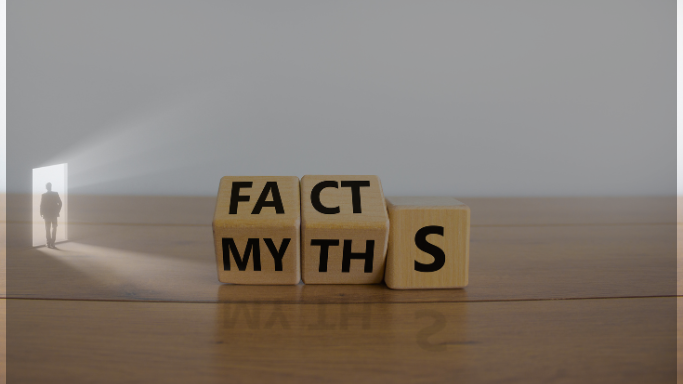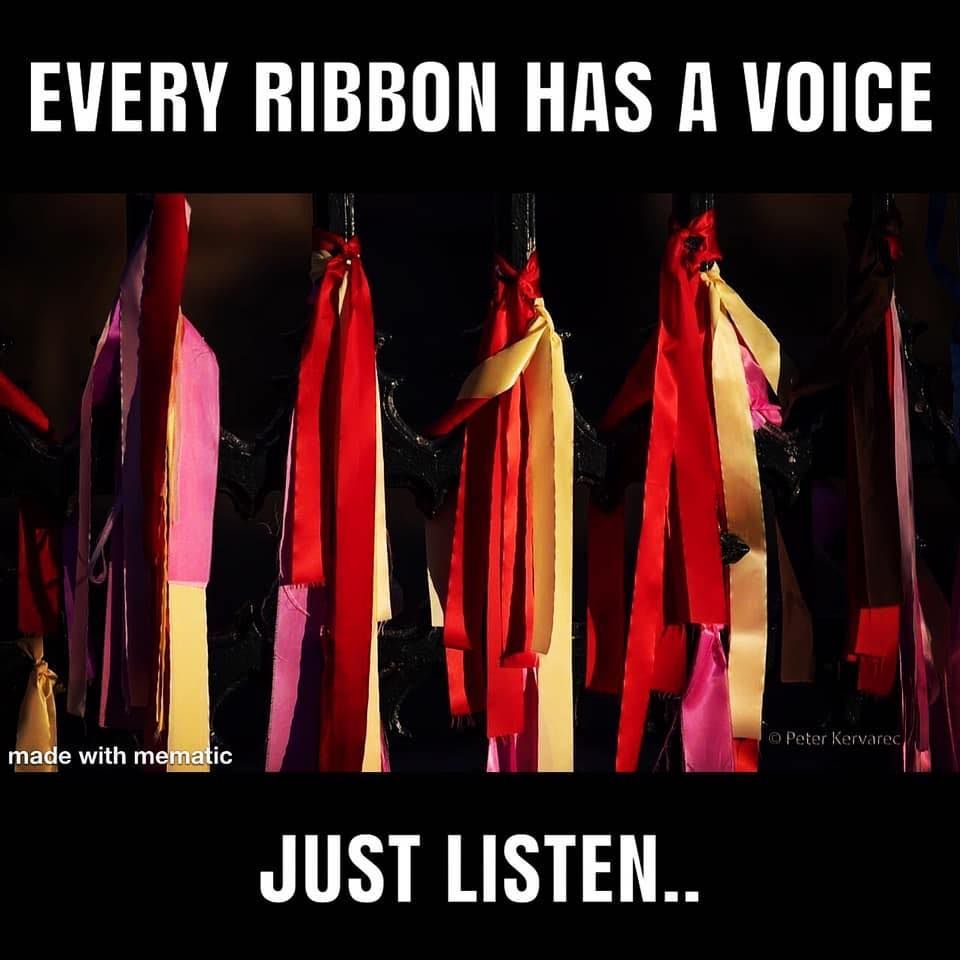Criminal, Civil or Redress?
With the welcomed changes to legislation following the Royal Commission into Institutional Abuse including removing the statute of limitations, being able to set aside prior ‘deeds of release’, formalising religious entities to litigate and the national redress scheme has empowered many survivors to actively seek justice. But seeking justice can also come at a cost and can be a complicated minefield of legal gobbledygook and convoluted court processes.
One of the reasons why childhood abuse has become such an epidemic is because of the lack of accountability and justice to the perpetrators. Mostly due to the length of time it takes victims to disclose the abuse with many victims never disclosing.

Let’s face it, who wants to be known as a childhood abuse victim and the perceived stigma that goes with it. So very few conversations are had about childhood abuse and consequently, very few perpetrators are brought to justice and they often continue to offend.
It takes strength and courage to bring a perpetrator to justice, it’s not for everyone though. The process of justice can be more traumatizing than the abuse. Our court system is flawed and the scales of justice often seem to favour the guilty. But it is the only system we have!
So, if we are to end this scourge on our children, then we need to bring these perpetrators to justice and have those hard conversations around the dinner table or having drinks with your mates.
Childhood abuse is NOT OK. 1 in 6 men were sexually abused as children..... It's more common than you think
Criminal
The lack of reporting of offenders enabled widespread and continued abuse within the Catholic and other institutions with many offenders never coming under the microscope of the Police.
It is highly recommended that every abuse should be reported to Police. Even if you do not want to bring the charge to court. The perpetrator should, at the very least, be listed as a ‘person of interest’. If you do nothing else, at least have the offender listed.
Criminal or Civil? It comes down to an important element called ‘Burden of Proof’. In Criminal proceedings, the burden of proof is on the prosecutor to prove ‘Beyond Reasonable Doubt’ for a guilty verdict. Whereas the Civil court relies on the burden of proof based on the ‘Balance of Probabilities’. The bar is much higher to prove things in a criminal court than a civil court.
Should you wish to proceed with criminal charges, then it will be the Police or the Department of Public Prosecutions that will do the prosecuting. If found guilty, sentencing could be anywhere from a monetary fine to imprisonment.
Only a small percentage of offenders are found guilty of childhood abuse in a criminal court. Again, mostly due to the historic nature due to the length of time it takes victims to disclose their abuse resulting in little to no evidence that would require the proof to be ‘Beyond Reasonable Doubt’.
Similar fact evidence can sometimes swing those scales in favour of the victims should enough victims come forward with very similar facts. This is another reason why it is so important to, at the very least, have your offender listed as a ‘Person of Interest’ in a Police Report. If enough victims come forward with similar facts, there is more chance an offender will be brought to justice and other children will be spared the same abuse.
There is no doubt that getting a guilty verdict can feel like it is an impossible feat. But don’t underestimate that offenders can sometimes feel remorse and a good Police Detective might be able to secure a confession. Police will not take a charge to court unless they believe they have a ‘prima facie’ case that has sufficient evidence for a guilty conviction.
Obviously, a criminal charge can only be brought to the courts on an offender that is still alive.
Civil
The change in legislation for victims of Institutional Abuse following the Royal Commission was gratefully welcomed and initially very empowering for the survivors. The thought of justice finally being served meant that survivors could bring order to their lives after decades of only silence and chaos. But….. before you go out and contact your local litigant lawyer, be sure you know what you are in for!
Some Survivors wish they had never begun civil legal proceedings. It is often over 4-5 years before you even get to trial in Western Australia.
You can be re-traumatised every step of the way. Providing statements, financial accounts, more statements, psychological evaluations, more statements, forensic accountants, another psychological evaluation but this time from the defense psychiatrist, constant correspondence from your lawyer, IF they are any good. And when you finally get to your first mediation, the defense is adversarial, trying to discredit you and offers a tenth of what you are entitled to. You question whether you should just accept the ridiculous offer because that is all you are worth after 2 years of sleepless nights after being re-traumatised through every statement, psych evaluation and worry. If you have the strength and fortitude to decline the unreasonable offers at this first mediation then the fun really begins… Another 18 months till the trial date. This stress of trial is hanging over your head constantly like a dark cloud. More ridiculous offers from the defense then countless hours of Trial preparation and you are constantly reliving the nightmare. Shall we start on the circus they call the trial.…. You get the idea.
What do you get out of it once the lawyers and barristers get their cut, the $20,000 in psychological evaluations and forensic accountants, court costs and the list goes on. That’s the million-dollar question. You could end up with a million in your pocket or $40,000 in debt for out-of-pocket expenses called disbursements the lawyers can charge, even if it is ‘no win, no fee’ if you lose. The variables are endless and any lawyer that guarantees what you will get at the end, is playing you and simply trying to sign you up.
The lawyers for the offender (the defense) plays the long game. They’ll drag it out and ask for more information in the hope that you will cave in. They know you are vulnerable, naive in the way of the court system and there is no incentive for the defense to settle early. So many survivors quit as early as possible. The defense’s game is to reduce their clients liability as much as possible and defense lawyers are excellent players at this game. Make sure your lawyer is better!!!
Many Survivors of childhood abuse struggle in getting ahead in this life and struggle in life in general. The opportunity of obtaining financial compensation is not out of greed but simply compensation for what the institutions took away from them. Unfortunately for many survivors, a million dollars in compensation wouldn’t even come close to what they have lost as a result of their childhood abuse.
To litigate or not to litigate depends on your ability to deal with the stress and what you are hoping to get out of it. For many, the fight was worth it just to get the opportunity to be heard. By no means is this to discourage anyone from seeking justice through the civil courts but forewarned is forearmed.
Many people find that by hanging in there and ultimately 'winning', they reclaim the power that was stolen from them as a child. They shift the power balance and achieve some proper accountability and justice. This can be very empowering and healing.
On the one hand there is your truth and reality. Hideous sex crimes committed against you as a child and terrible impacts on you and your life. Way over on the other hand there is the law. The law is limiting and clinical and cold. One does not receive compensation per se for the crimes committed against you, rather for the effects and impacts on you such as your education, your work and career and interpersonal relationships. Some people manage a very successful working life and others don't. These are the factors that the law takes into account in your compensation claim.
A pitfall to watch out for are unscrupulous and dodgy lawyers claiming to be experts in child abuse cases. Some of the big law firms load their lawyers up with a hundred or more cases, consequently, they don’t give your case the attention it deserves. Some lawyers will do minimal work and recommend you settle at the first opportunity and charge you exorbitant fees. It seems that you need legal advice for your legal advice. The ‘no win no fee’ law firms are also gambling that you win. They are footing the bill for all expenses and investing in your case. Understandably, they compensate for that by charging an insane amount of money.
There are a few law firms that our survivors recommend from personal experience and we are happy to pass on their recommendations. At no point does SOCA receive any financial assistance from any law firm. We have been made aware that victim harvesting has occurred in other states with other support services. At SOCA, we are proud to have declined offers of financial benefit from lawyers to ensure integrity of our service.
Redress
The National Redress Scheme (NRS) was set up in response to the Royal Commission into institutional Abuse. An institution includes schools, churches, orphanages, children’s homes, religious organisations, hospitals, sporting clubs foster care or other institutions. Many institutions have joined the Redress scheme but not all. You can check to see if your institution has signed up by clicking here.
The redress scheme can offer you;
- Redress payment
- Acknowledgment of your abuse
- A personal and direct response from the institution
- Counselling
Redress payments can be from $10,000 to $150,000 depending on what happened to you and the effect on your life.
For many, redress has been a better option due to the lower level of proof needed and being able to access some form of justice, acknowledgment and support without the need to go through a long, drawn out, rigorous and re-traumatising court case where a much higher burden of proof is required.
The limitations for redress are.
- The likelihood of a significant reduction in the level of financial compensation when compared to civil litigation.
- You will be required to sign a ‘deed of release’ once you sign up for redress. Which means there is no future option for civil litigation. However, Criminal charges can still be laid against an individual offender.
- The time it takes to finalise redress can still take up to 12months and in some cases longer.
If you are looking for free and independent legal advice about the National Redress Scheme. Visit
Knowmore which is funded by the Commonwealth Government specifically to assist survivors of institutional abuse.
Whichever your choice of justice. Think over each option carefully. Survivors can react impulsively. Every option has the potential to be traumatic but also has the potential to be healing too. For some, the true impacts of their child abuse is not realized until many years after the abuse or many years even after disclosure. One thing is certain and that is child abuse can have a profound and long lasting impact on victims lives.
Do you know someone who would be interested in this resource? Feel free to share it.

You might also like these other resources:










